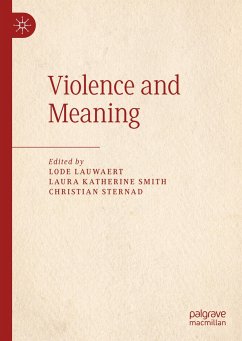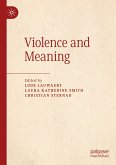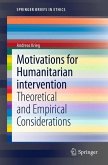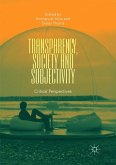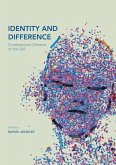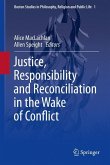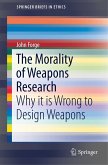This edited collection explores the problem of violence from the vantage point of meaning. Taking up the ambiguity of the word 'meaning', the chapters analyse the manner in which violence affects and in some cases constitutes the meaningful structure of our lifeworld, on individual, social, religious and conceptual levels. The relationship between violence and meaning is multifaceted, and is thus investigated from a variety of different perspectives within the continental tradition of philosophy, including phenomenology, post-structuralism, critical theory and psychoanalysis.
Divided into four parts, the volume explores diverging meanings of the concept of violence, as well as transcendent or religious violence- a form of violence that takes place between humanity and the divine world. Going on to investigate instances of immanent and secular violence, which occur at the level of the group, community or society, the book concludes with an exploration of violence and meaning on the individual level: violence at the level of the self, or between particular persons. With its focus on the manifold of relations between violence and meaning, as well as its four part focus on conceptual, transcendent, immanent and individual violence, the book is both multi-directional and multi-layered.
Divided into four parts, the volume explores diverging meanings of the concept of violence, as well as transcendent or religious violence- a form of violence that takes place between humanity and the divine world. Going on to investigate instances of immanent and secular violence, which occur at the level of the group, community or society, the book concludes with an exploration of violence and meaning on the individual level: violence at the level of the self, or between particular persons. With its focus on the manifold of relations between violence and meaning, as well as its four part focus on conceptual, transcendent, immanent and individual violence, the book is both multi-directional and multi-layered.

